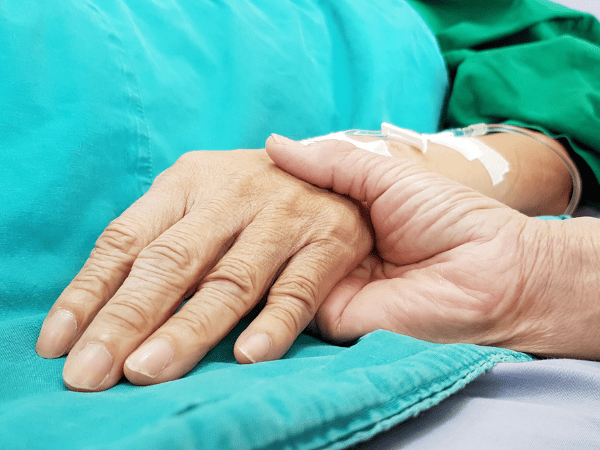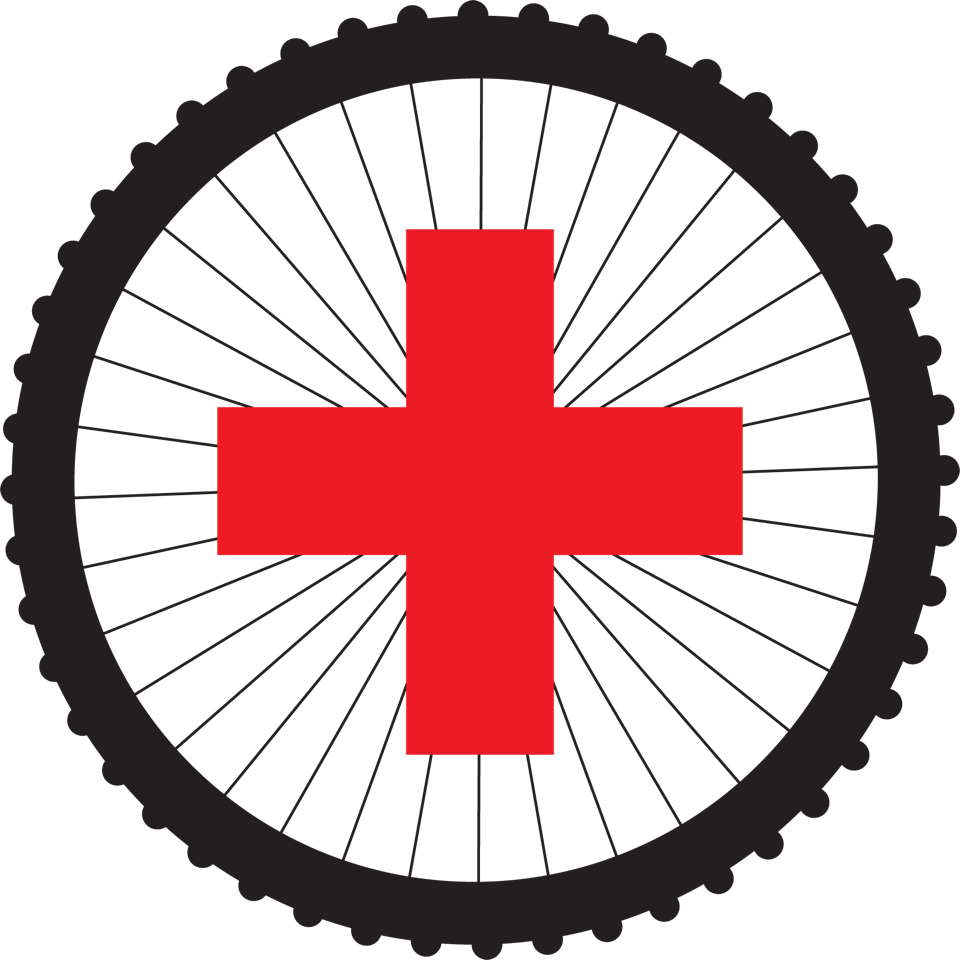End of Life Care
At the end of life, each story is different. Death may comes suddenly, or a person may lingers, fading gradually. For some older people, the body weakens while the mind stays alert. Others remain physically strong, but cognitive losses take a huge toll. Each loss is personally felt by those close to the one who has died.
End-of-life care is the term used to describe the support and medical care given during the time surrounding death. Such care does not happen only in the moments before breathing ceases and the heart stops beating. Older people often live with one or more chronic illnesses and need a lot of care for days, weeks, and even months before death.
Being a caregiver for someone at the end of life can be physically and emotionally exhausting. In the end, accept that there may be no perfect death, just the best you can do for the one you love. The pain of losing someone close to you may be softened a little because, when you were needed, you did what you could.
How we can help
- Medical guidance regarding diagnosis and treatment options
- Symptomatic care and other medical therapy
- Discussing goals of care for end of life
- Assistance navigating the medical system
- Ketamine therapy to help with end-of-life depression and anxiety
- Voluntary, stopping, eating and drinking (VSED)
- Medical Aid in Dying (MAID)
FAQ’s
Yes. You should see and maintain relationships with whomever you feel appropriate. We are there to provide a listening ear and help you navigate and manage this situation.
These are billed at the usual rates for house calls and phone visits. Check Fees.
Recommended Reading:
Expert Medical Care That Comes to You!

Telephone No.505-386-1380
